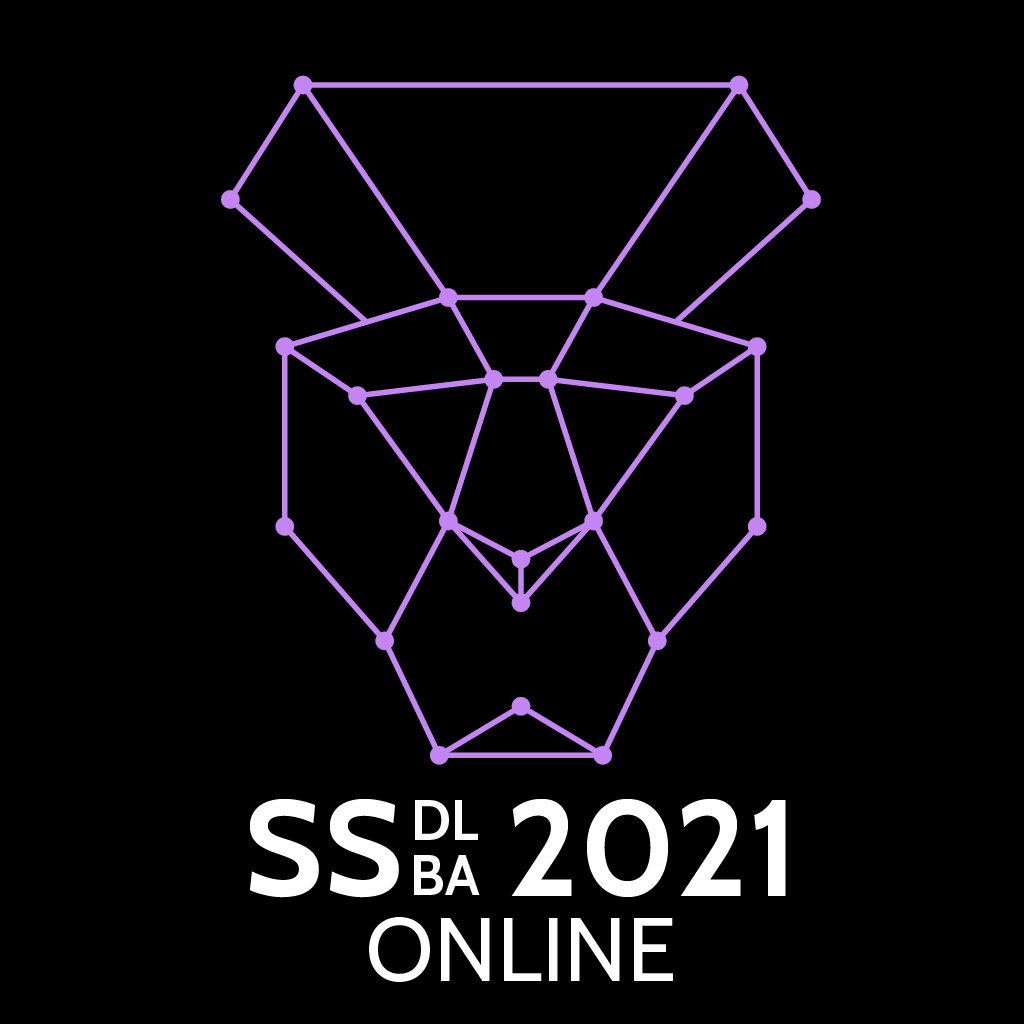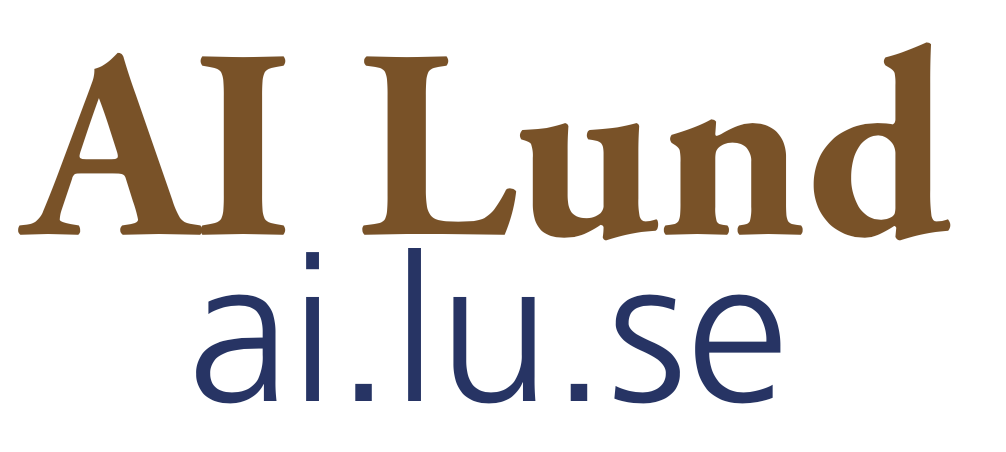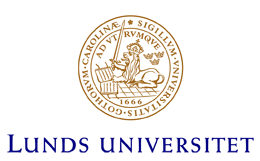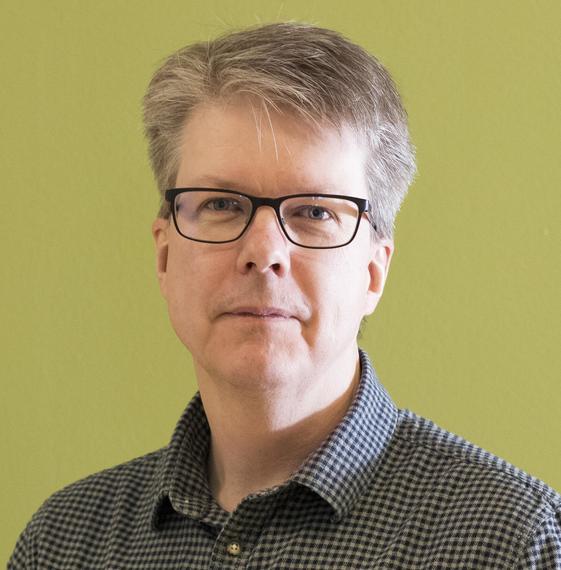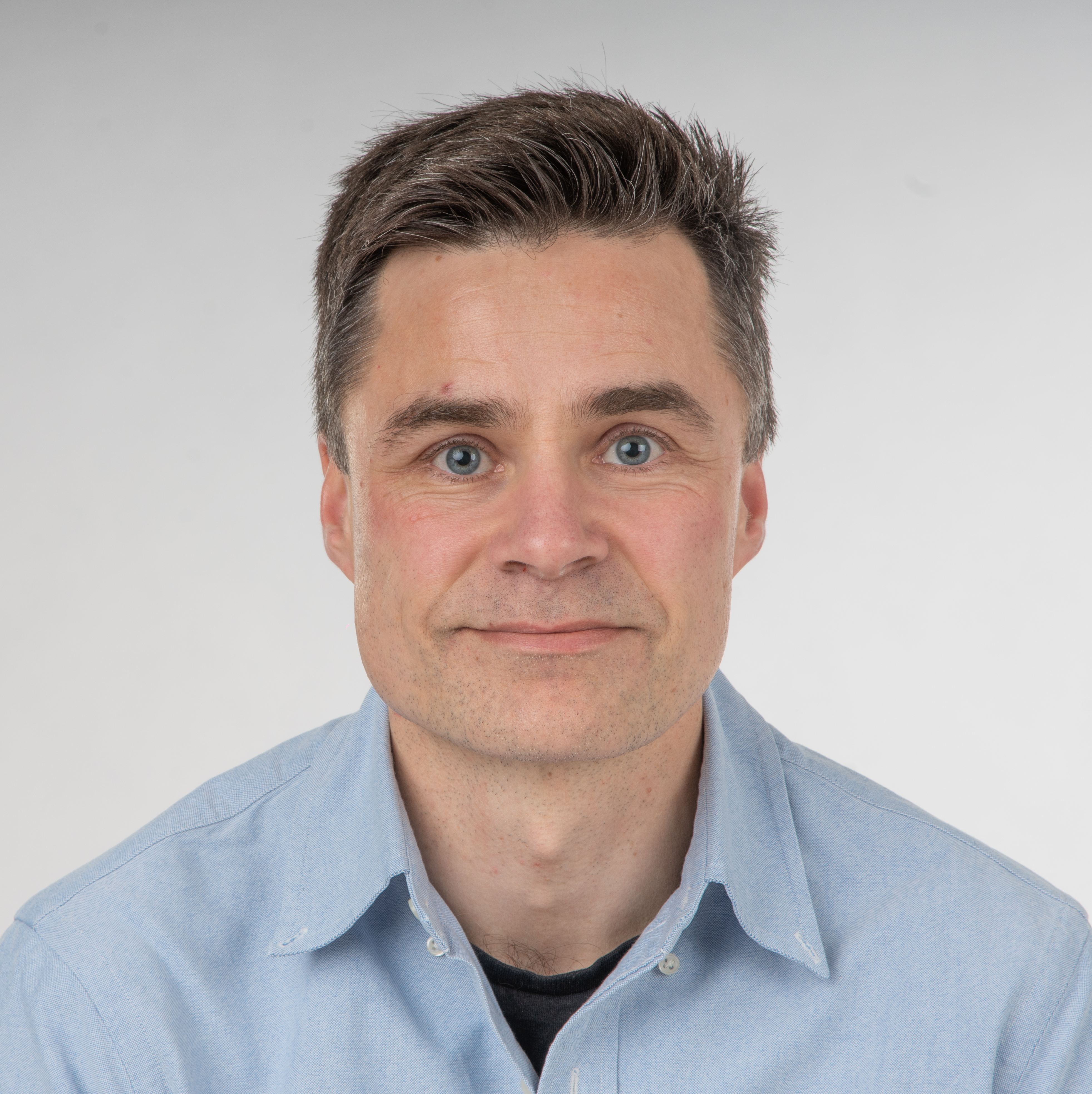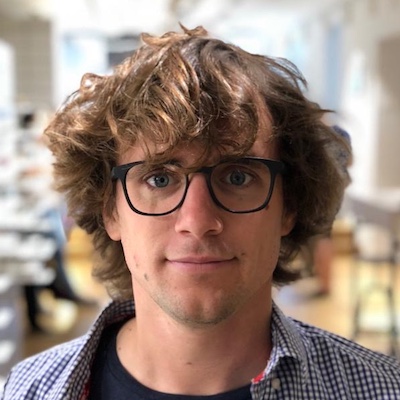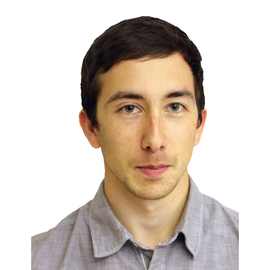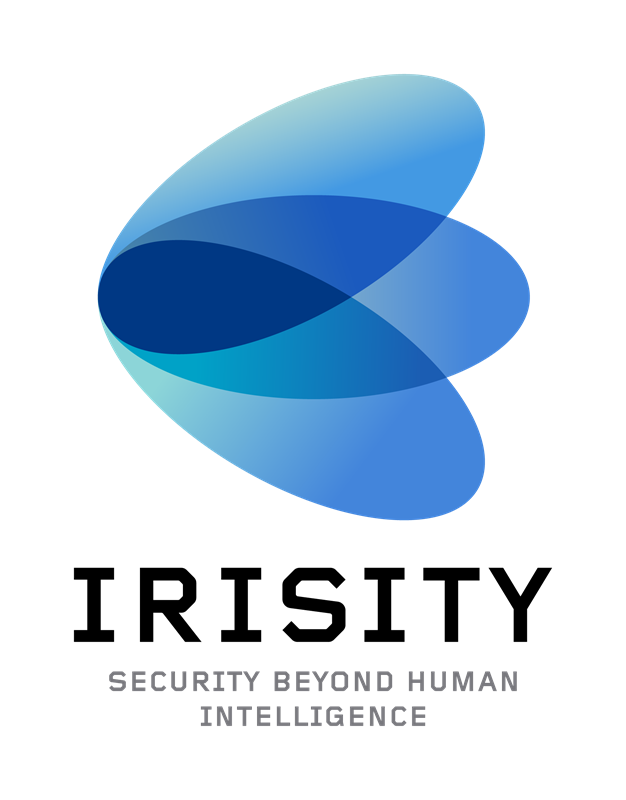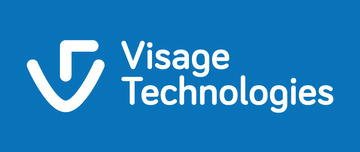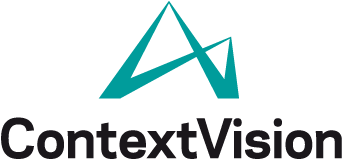Open for submissions!
We welcome extended abstracts or regular papers
for the SSDL symposium and regular papers for the SSBA symposium. We explicitly
allow you to submit material that has already been published or is going to be
submitted elsewhere. The content will only be available to symposium
attendees.
See the detailed instructions below.
Submission deadline is 1 March, 2021
SSDL submissions
Contributions may be shorter, extended abstracts, or longer, a
paper. You are free to choose the format you like, in particular there is no upper limit
on the number of pages, but the contribution must be submitted as a PDF file.
Moreover, the name of the PDF file should be in the format
FamilynameGivenname.pdf, where Givenname and Familyname refer to the name of
the corresponding author.
Submit your abstract via email to ssdlabstract2021@ssba.org.se.
Titles and authors of the contributions will be listed in the program of SSDL on this
website. If your submission is based on a paper that is currently under review, make
sure to use a different title to preserve anonymity.
INSTRUCTIONS ABOUT PRESENTATION FORMAT - POSTER or ORAL PRESENTATION -
WILL BE GIVEN SOON.
SSBA submissions
You are free to choose any format that you like for your
contributed paper, in particular there is no page limit. If you want to use the standard
SSBA LaTeX template, then you may find it here. Notice that the
contribution must be
submitted as a PDF file. Moreover, the name of the PDF file should be in the format
FamilynameGivenname.pdf, where Givenname and Familyname refer to the name of
the corresponding author
Submit your abstract via email to ssbapaper2021@ssba.org.se.
Titles and authors of the contributions will be listed in the program of SSBA on this
website.
If your submission is based on a paper that is currently under review, make sure to use
a different title to preserve anonymity.
INSTRUCTIONS ABOUT PRESENTATION
FORMAT - POSTER or ORAL PRESENTATION - WILL BE GIVEN SOON.
